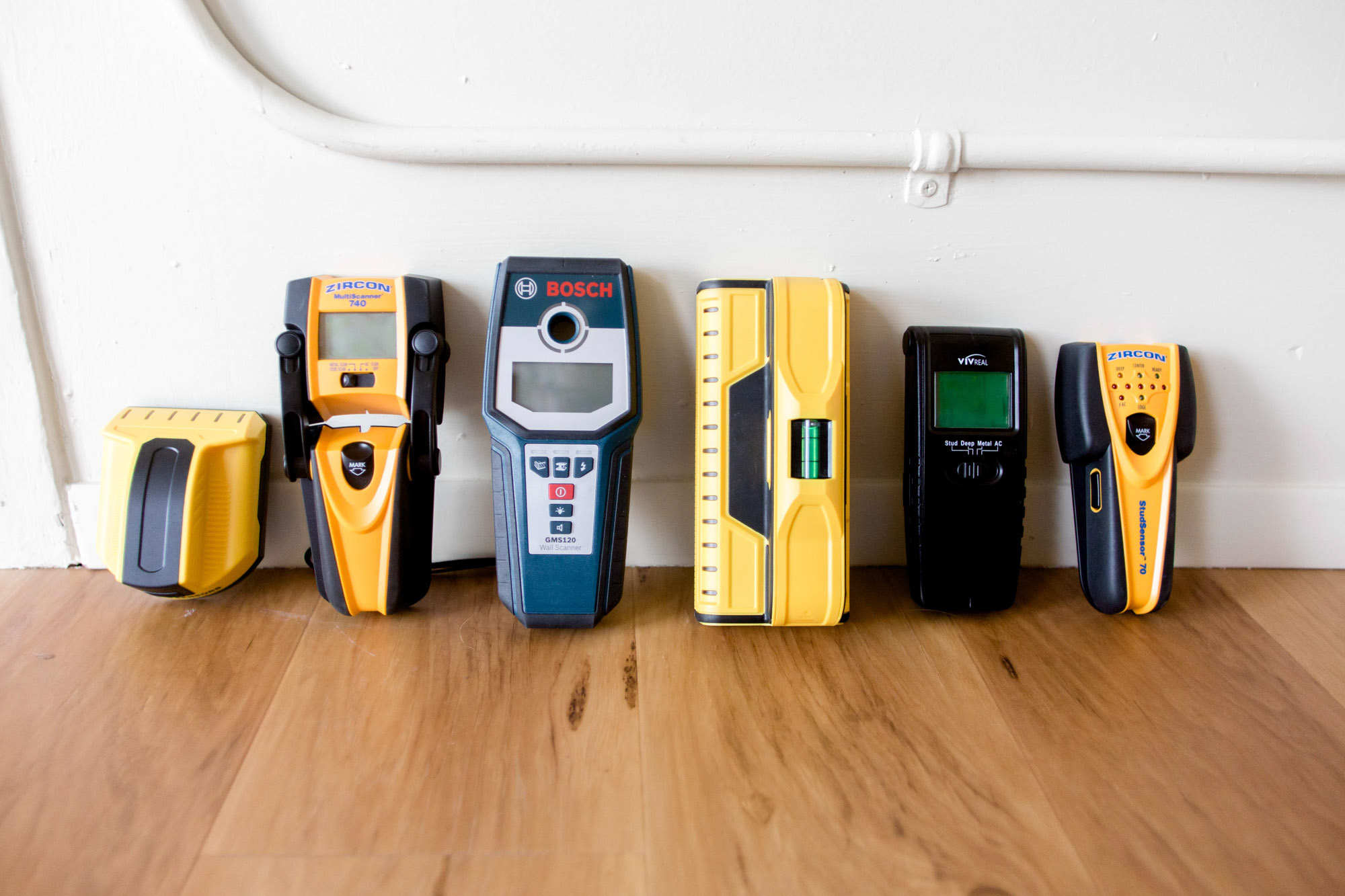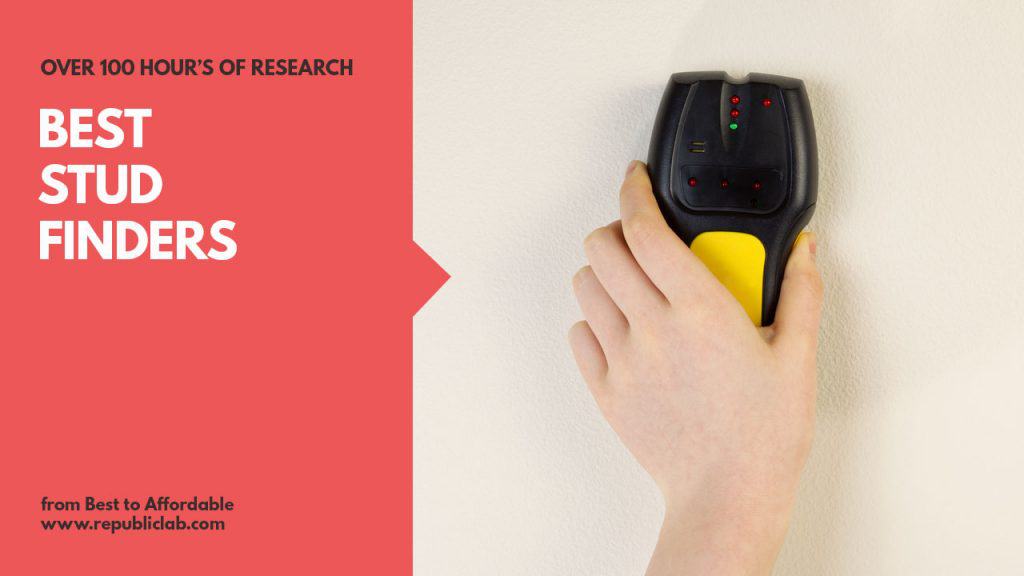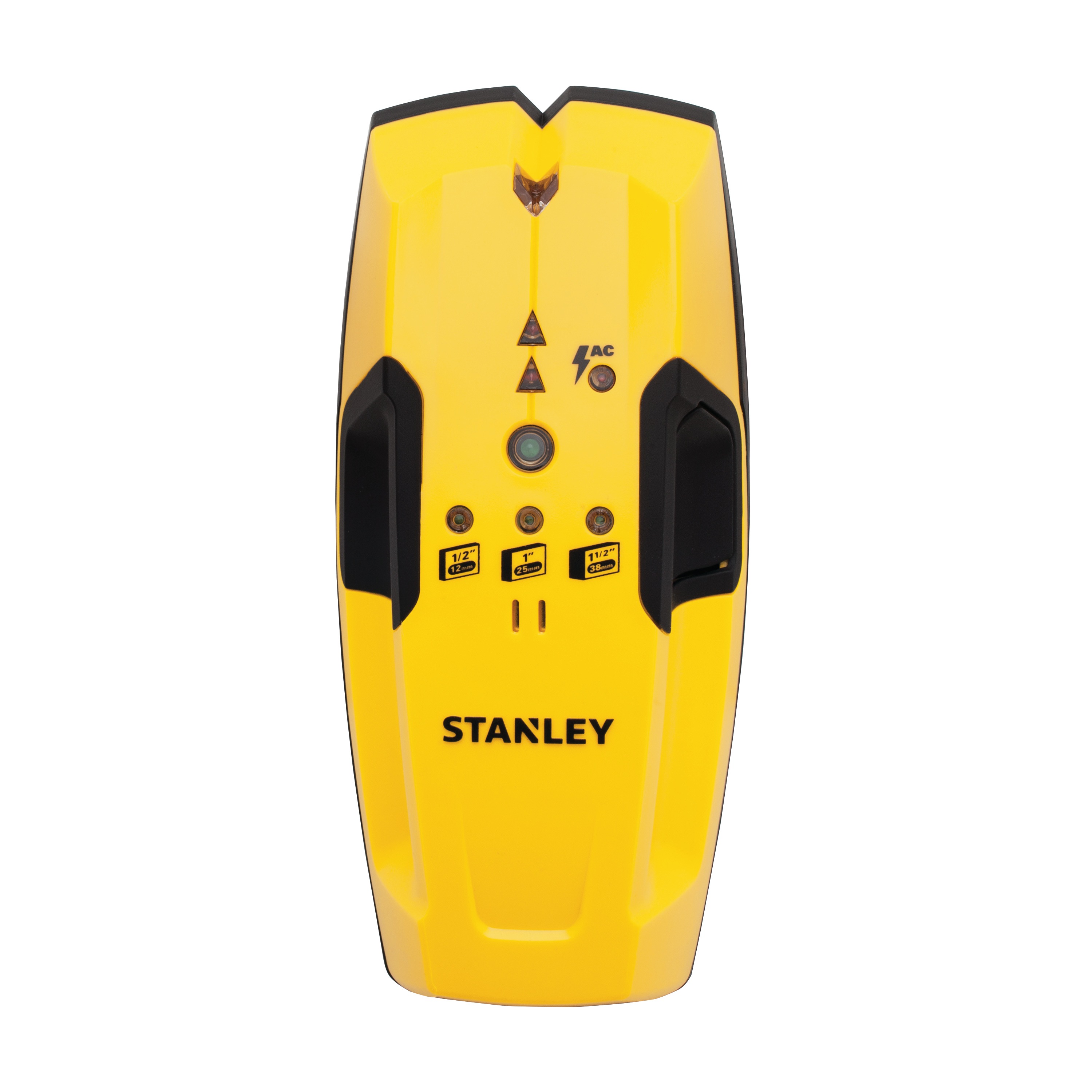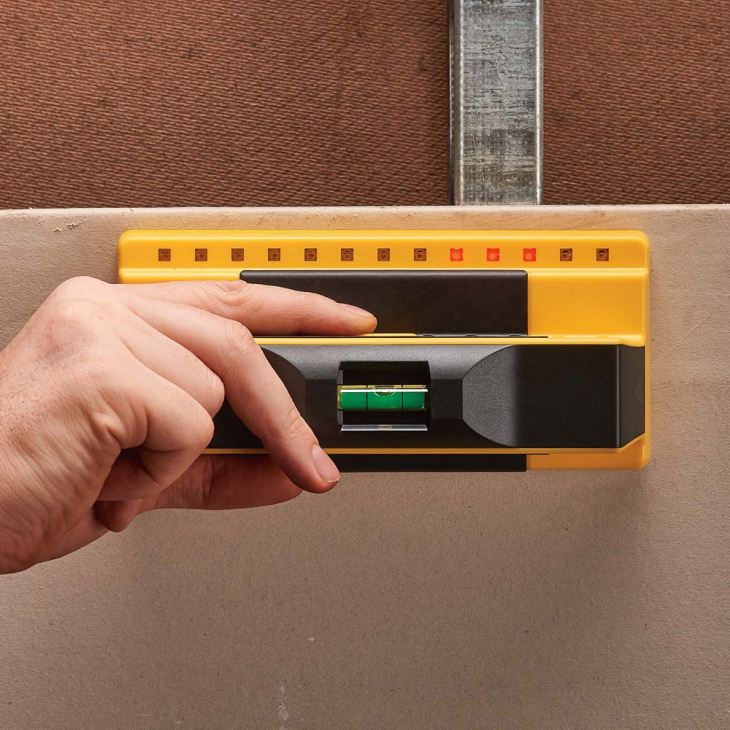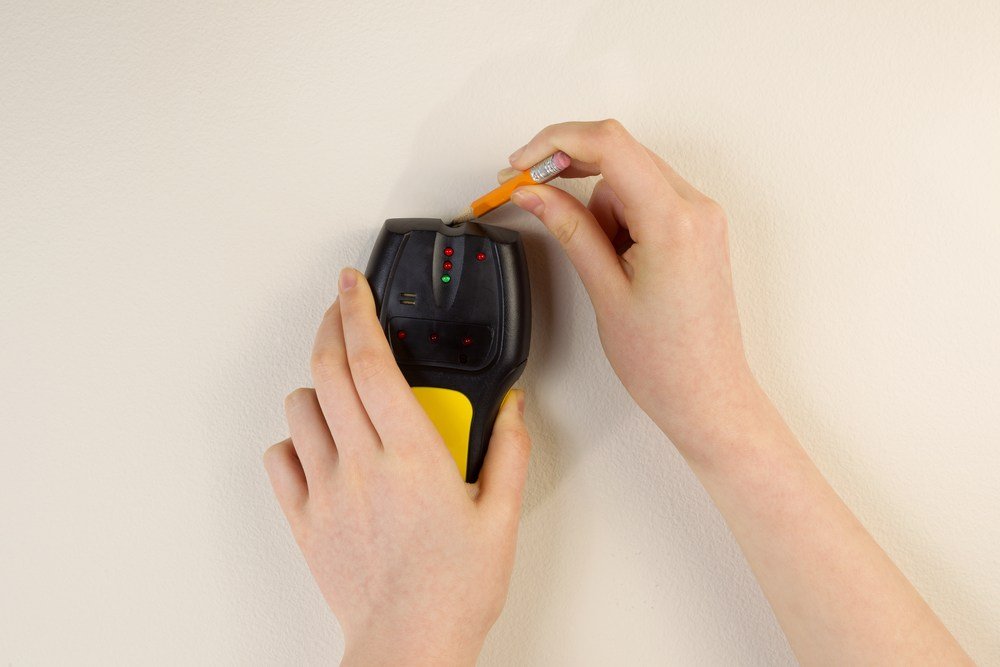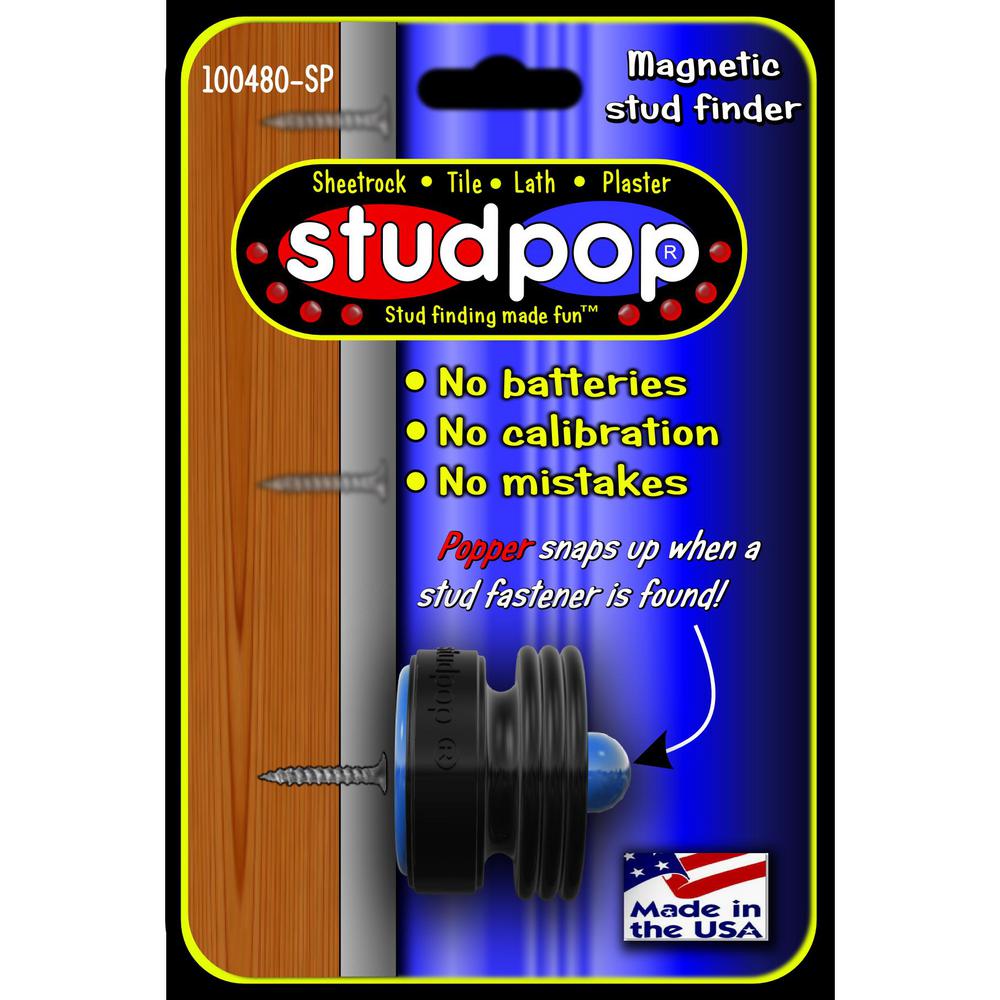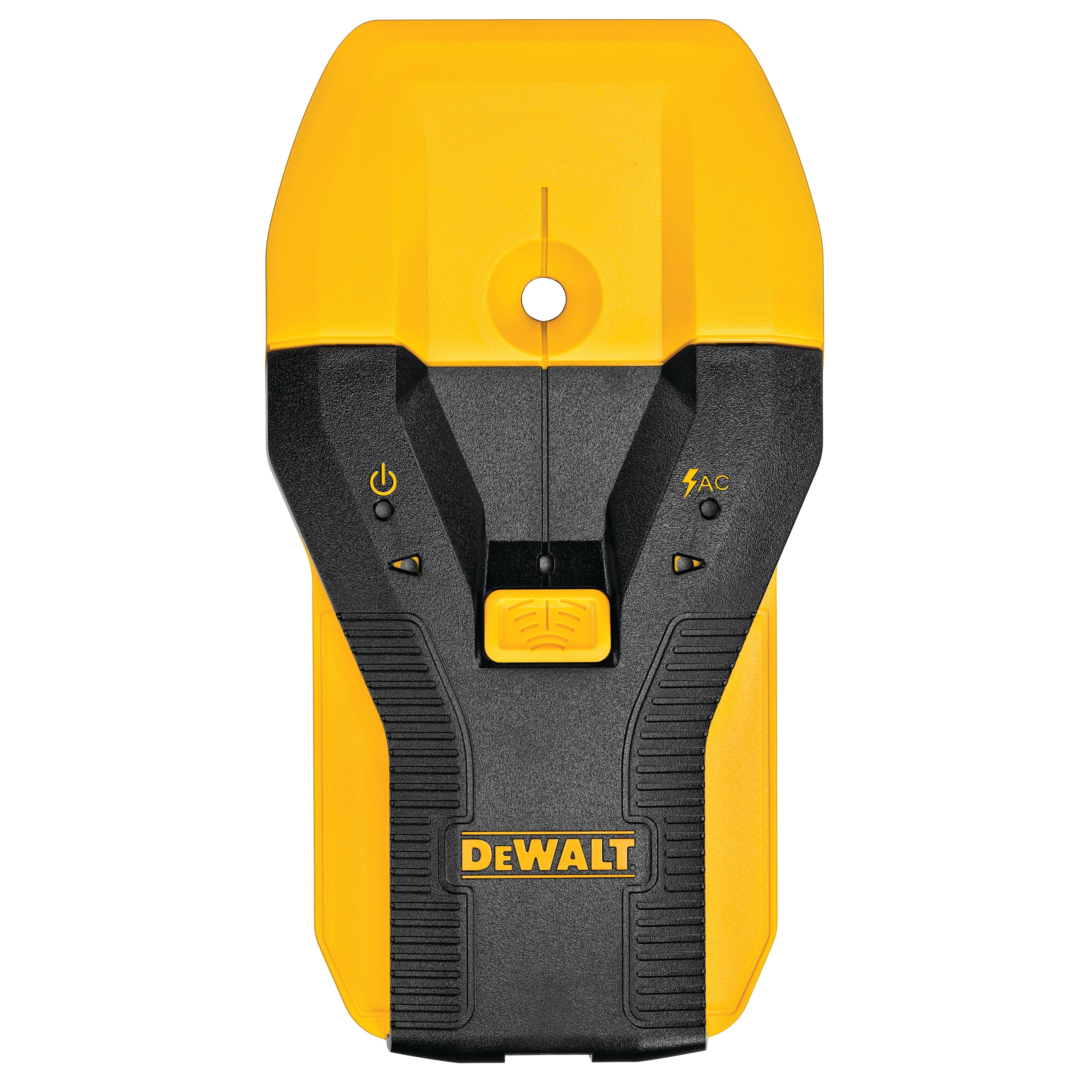This step by step tutorial shows you how to use a stud finder so you can spend less time prepping and more time decorating. Once you find the stud get out your power drill.

Finding A Stud Without A Stud Finder
Do i need a stud finder. If you just hang the shelves on the wall not secured to the studs. If a stud finder is simply outside of your budget you can sometimes tell where a stud is by knocking on the wall. Whether you are hanging pictures putting up a new set of shelves or getting ready to start an addition knowing where the studs are in a wall can be extremely handy. Thats why a stud finder is so crucial. There are some tricks to finding a wall stud but using an electronic stud finder is the easiest non invasive way to locate a stud. If you dont have a handy stud finder tool to locate wall studs youll just have to do it the old fashioned way using one of several time tested methods.
All stud finders do the same basic thing. Most people rarely need to bother with studs but knowing how to find them is valuable when anchoring oversized picture frames and mirrors bookcases or other heavy items to the wall. A good tool shouldnt stand between you and the success of your project because it is too expensive or complicated. With that in mind i suggest several tips for picking out a stud finder. Others can be used on floors and ceilings. 5 tips for picking a stud finder.
Once you get close to one theres a simple and reliable way to find and mark both side edges of the stud so you can drill or anchor into its center. A stud finder helps you find the wood studs behind your drywall so that you can secure your wall shelves to something stable. A dense muffled knock means there is a stud behind your knuckles whereas a more hollow sound probably means no stud. Use the drill bit to slowly create a hole in the spot you marked. Finding studs isnt challenging but you need a tool called a stud finder. These gadgets work by detecting metal nails or density changes.
So when picking a stud finder look for something that you need and that helps you do the job you are doing. Knowing where those are is crucial so you can be sure to screw into them instead of just the drywall when youre hanging something. Even though your tool indicated that it located a stud right where you need it a stud finder can signal false positives when there is metal piping or flashing or brackets within the wall. Some finders provide basic detection capabilities that are good for just walls. A stud finder is a valuable tool that makes the job of finding studs behind a wall very simple. A stud finder is good for well finding studs you cant see.
Detect where support areas like studs and joists are along the wall.



